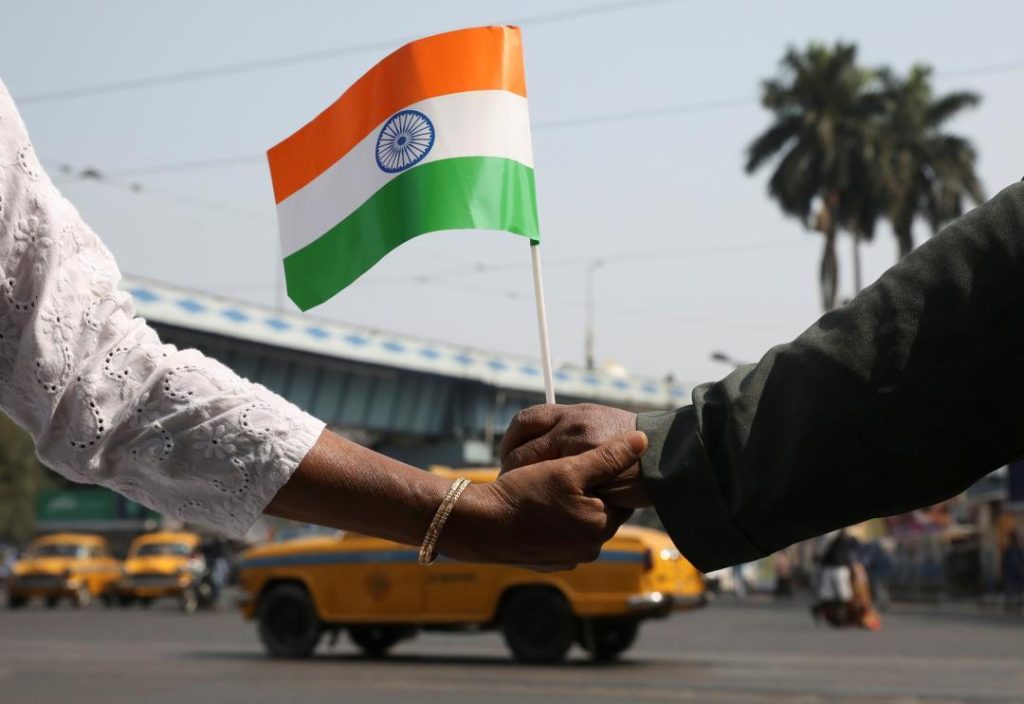
Merely possessing Aadhaar, PAN card, voter ID doesn’t make a person Indian citizen: HC
In a recent ruling, the Bombay High Court has clarified that possessing documents such as Aadhaar card, PAN card, or voter ID does not automatically make a person an Indian citizen. This clarification has far-reaching implications for individuals who have entered the country illegally or have forged identities.
The ruling came in the case of a man from Bangladesh who was arrested for allegedly residing in India illegally with forged documents. The court refused bail to the man, citing that mere possession of these documents does not constitute citizenship.
The court’s observation is a significant departure from the common perception that these documents are a proof of an individual’s Indian citizenship. In reality, these documents are meant for identification purposes or to avail various services, not to confer citizenship.
The court’s ruling is a reminder that citizenship is a complex and nuanced concept that cannot be reduced to a simple possession of documents. It highlights the need for a more comprehensive approach to verifying an individual’s identity and citizenship status.
In recent years, there has been a significant increase in the number of individuals who have entered India illegally or have forged identities to gain residency. This has led to concerns about national security, law and order, and the integrity of the country’s institutions.
The Bombay High Court’s ruling is a welcome development in this context, as it underscores the importance of verifying an individual’s identity and citizenship status before granting them access to various services and benefits.
The court’s observation is also a reminder that citizenship is not a matter of mere paperwork, but a complex process that involves multiple factors, including an individual’s birthplace, residency, and other legal criteria.
In addition to the legal implications, the court’s ruling also has significant practical implications. It means that individuals who have entered India illegally or have forged identities will no longer be able to rely on documents such as Aadhaar, PAN card, or voter ID to claim citizenship.
Instead, they will need to provide additional evidence, such as proof of birth, residency, and other legal documents, to establish their citizenship status. This will require a more comprehensive approach to verifying an individual’s identity and citizenship status, which will help to ensure the integrity of the country’s institutions.
In conclusion, the Bombay High Court’s ruling is a significant development in the context of citizenship and identity verification in India. It highlights the need for a more comprehensive approach to verifying an individual’s identity and citizenship status, and underscores the importance of verifying an individual’s identity and citizenship status before granting them access to various services and benefits.
The ruling is a reminder that citizenship is a complex and nuanced concept that cannot be reduced to a simple possession of documents. It is a matter of great importance that requires careful consideration and a comprehensive approach to ensure the integrity of the country’s institutions and the safety and security of its citizens.






